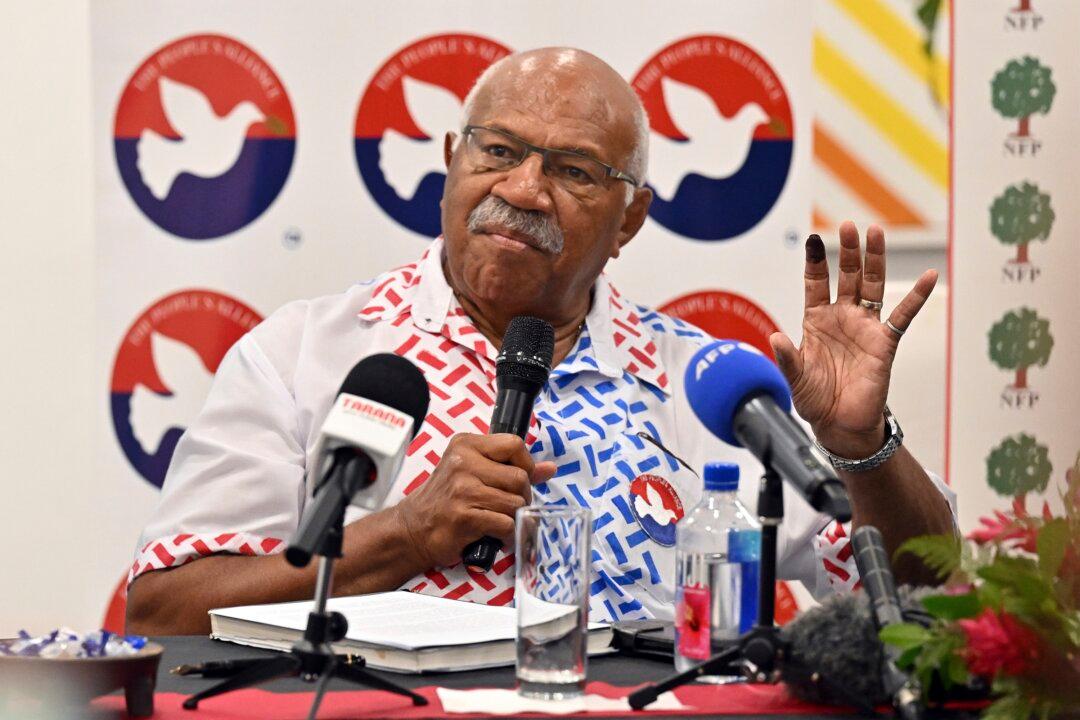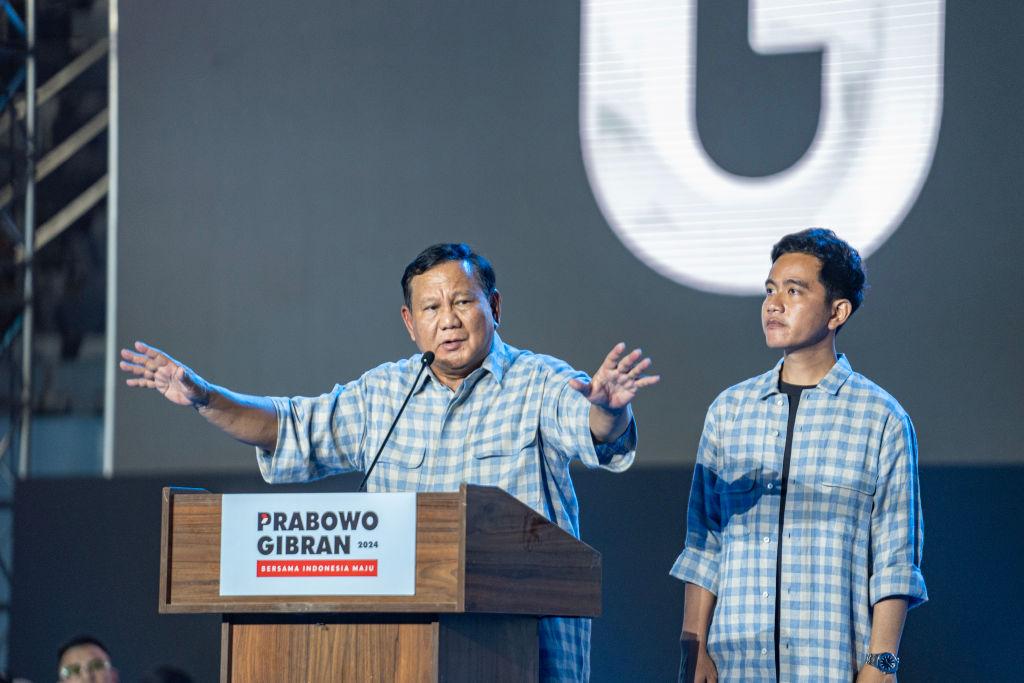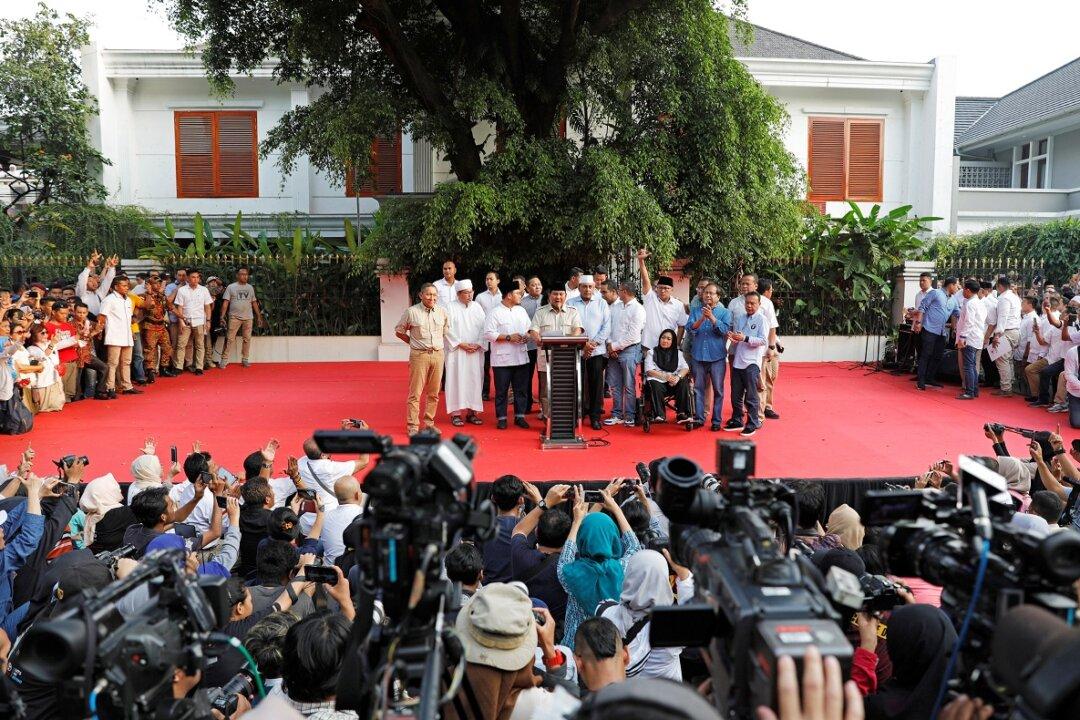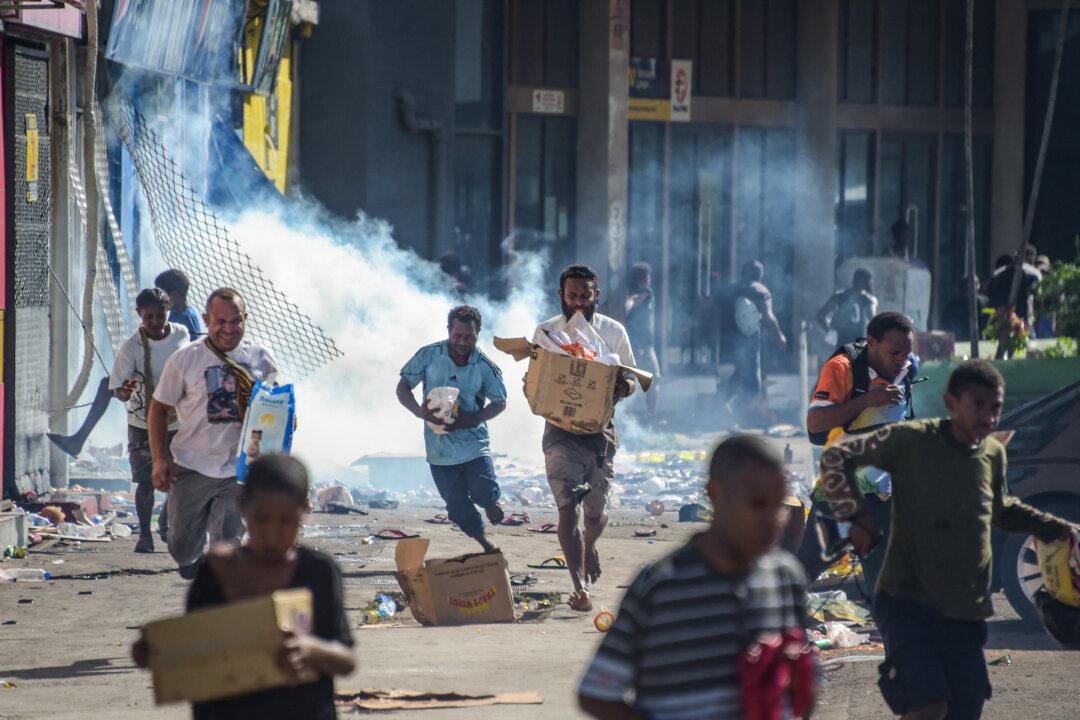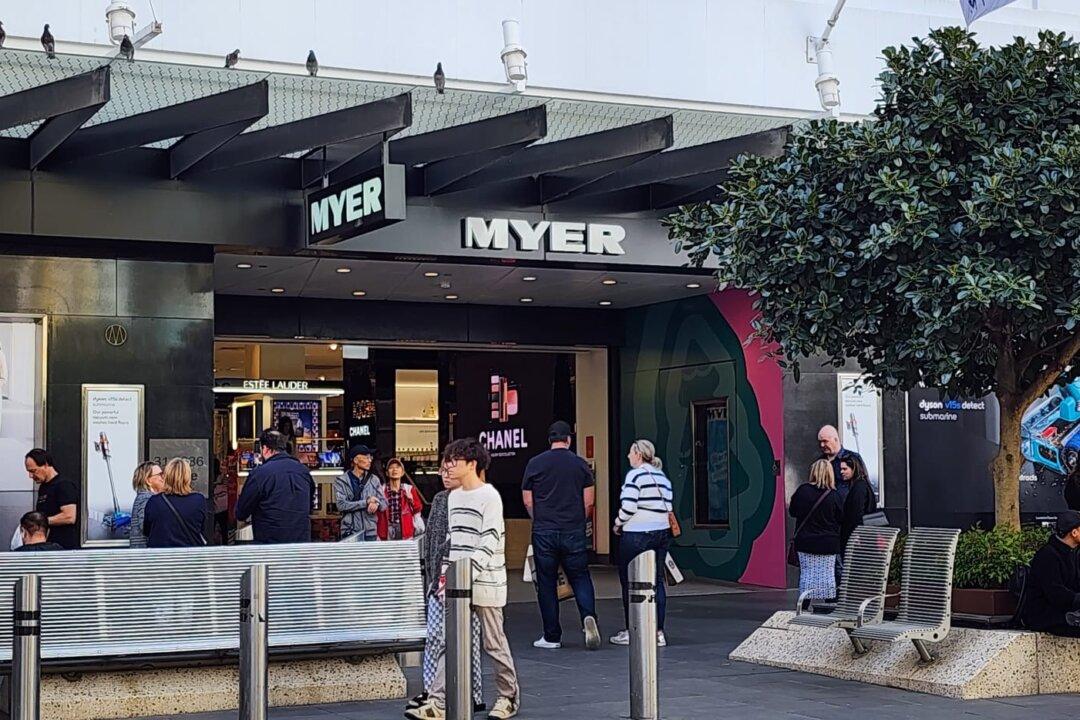Fijian Prime Minister Sitiveni Rabuka has expressed a preference for continuing strong ties with long-standing allies like Australia, during a Oct. 18 visit to Canberra with Australian leader Anthony Albanese.
The Fijian prime minister said he was “more comfortable dealing with traditional friends” that had a similar system of government and Westminster-inspired democracy amid ongoing competition in the region between the United States and Beijing.
